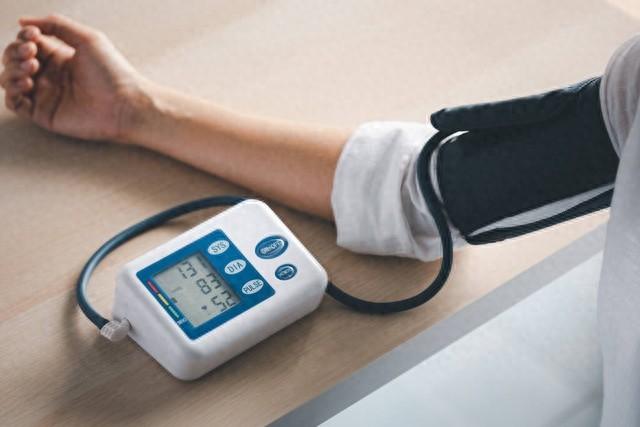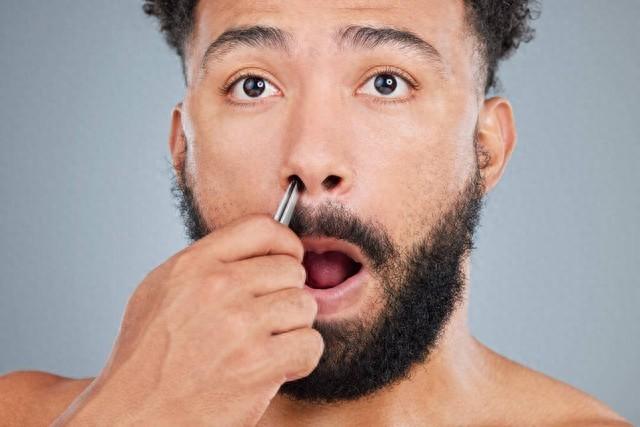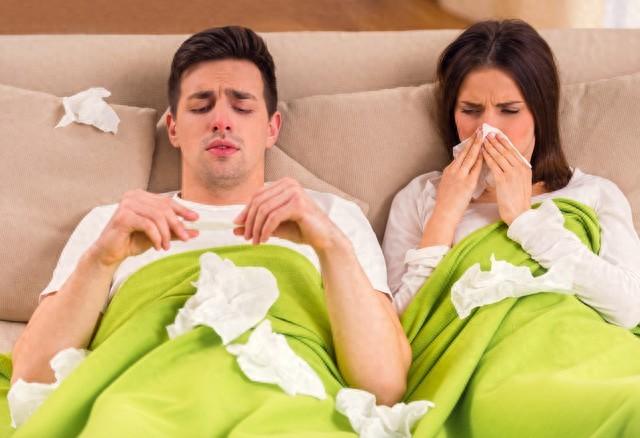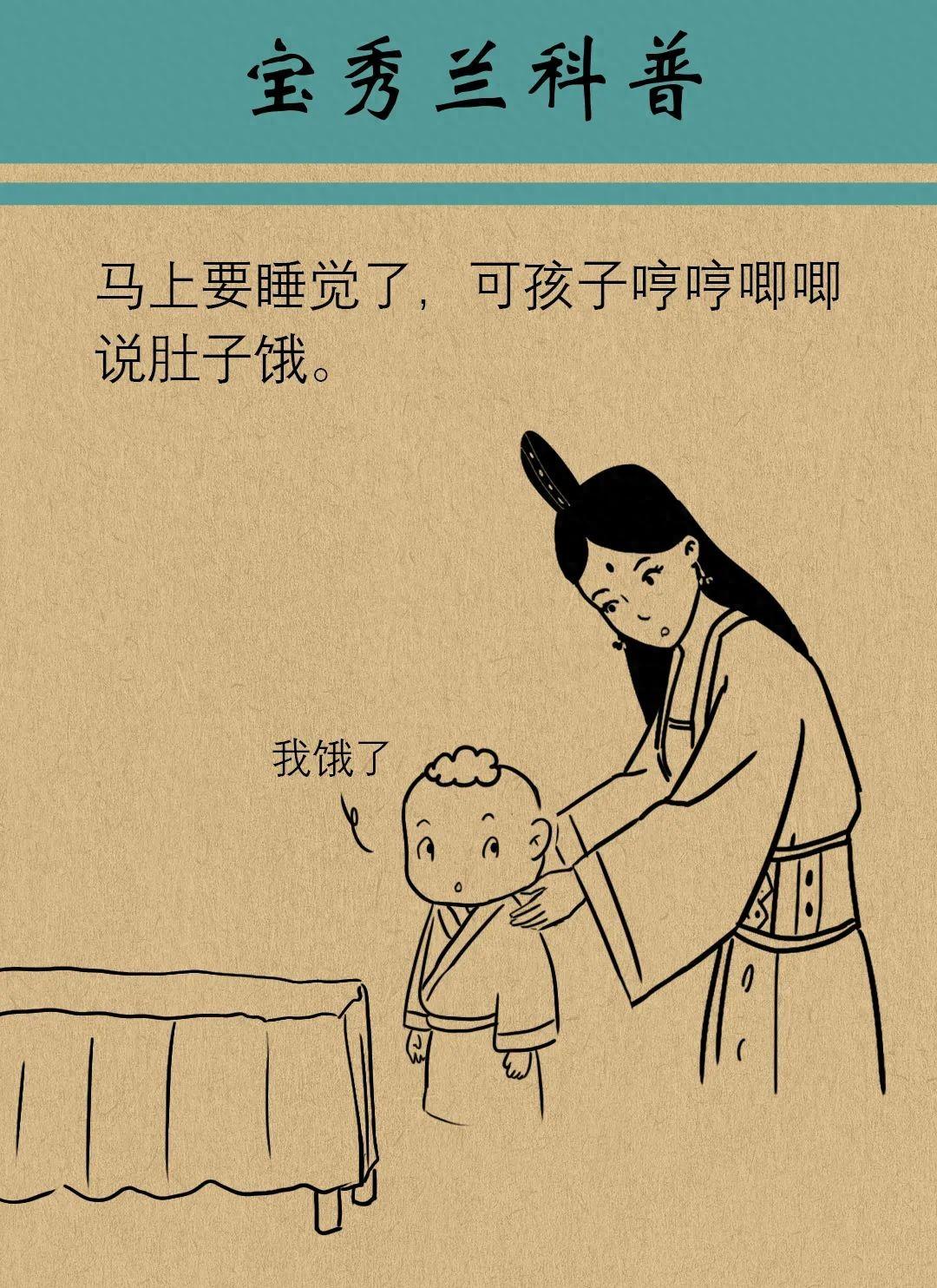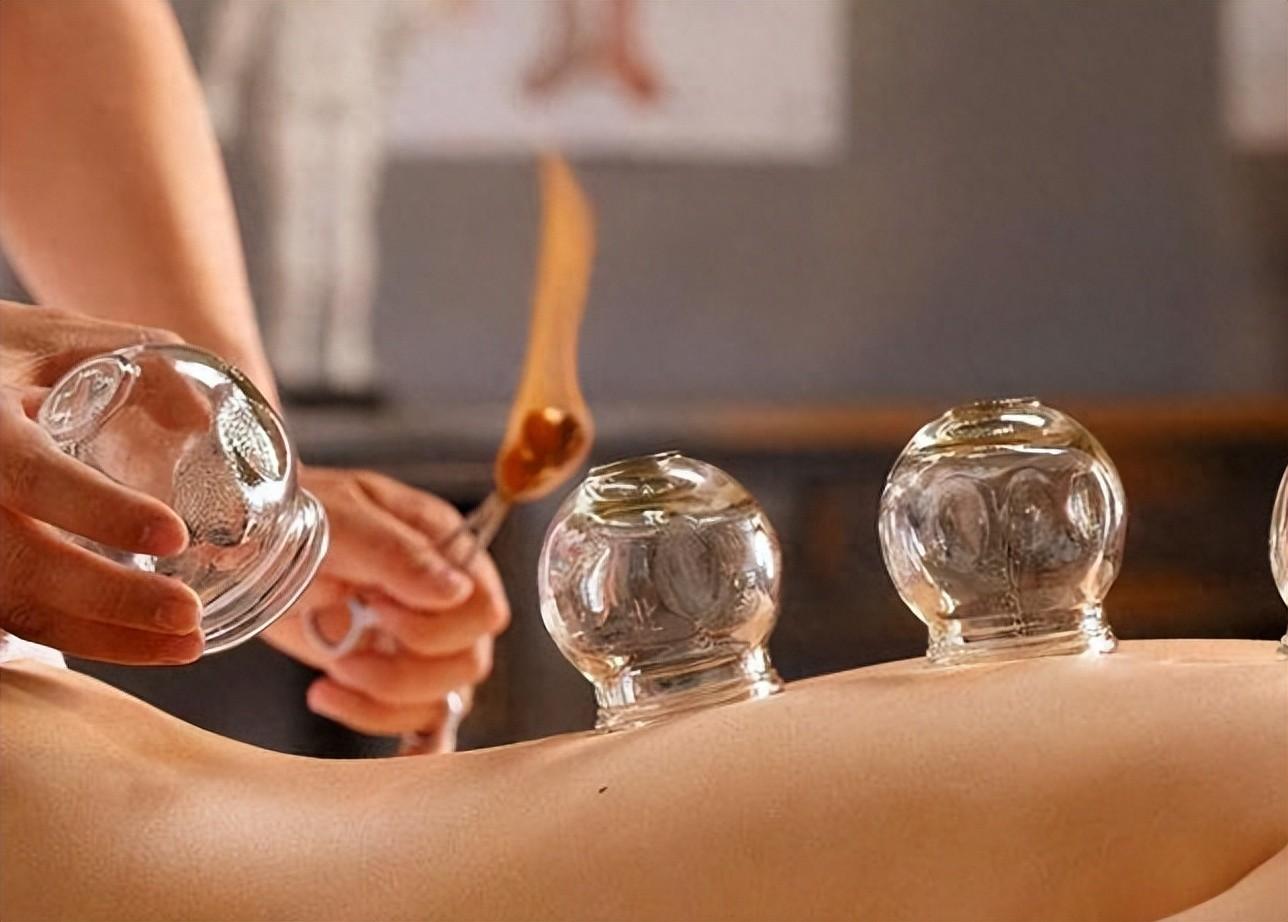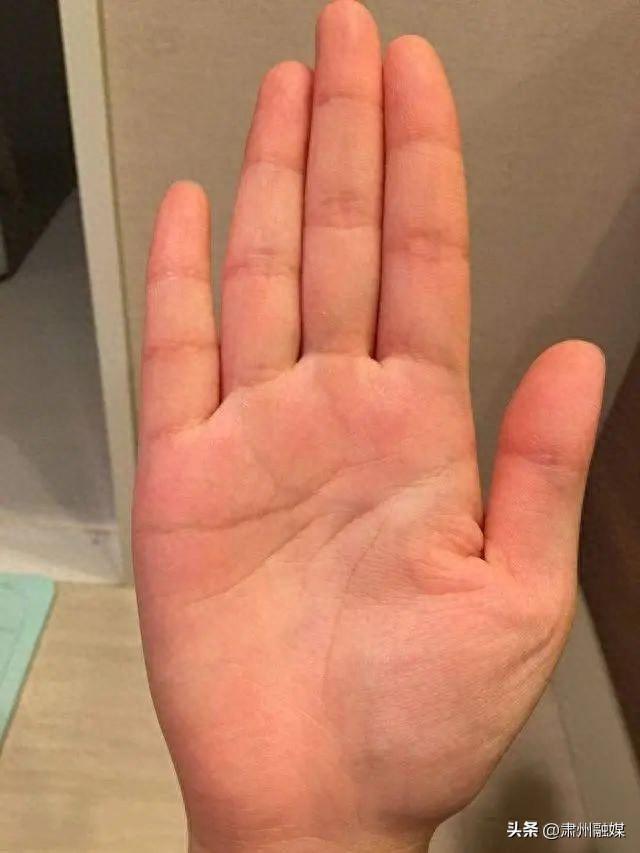A man has a sudden cerebral hemorrhage while sleeping. Urgent reminder: Remember not to do it after meals and not before bedtime - managing post-surgical itching
[Letter from Fans]Zhang Wei (pseudonym), 30 years old, is an outstanding white-collar worker. His life is always busy and heavy, and the daily work pressure he bears makes his forehead furrow early on
[Letter from Fans]Zhang Wei (pseudonym), 30 years old, is an outstanding white-collar worker. His life is always busy and heavy, and the daily work pressure he bears makes his forehead furrow early on. Nevertheless, Zhang Wei never really cared about his way of life. Especially in terms of diet and sleep, he always believes that youth is the best capital.
avoiding stairs post-surgery
One day, Zhang Wei returned home tired as usual. His wife Li Fang (pseudonym) prepared a sumptuous dinner for him, hoping to bring him a hint of comfort. But after Zhang Wei finished his meal, he directly activated the overtime mode until 2am.
managing post-surgical itching
You can't continue like this! "Li Fang said anxiously." Your body will collapse. "Zhang Wei smiled." I know my body, it's okay. "Soon after, Zhang Wei was ready to go to bed and rest. Before Li Fang could say good night, she saw Zhang Wei suddenly clenching his hands and convulsing violently. In panic, she hurriedly called for help.
avoiding sun exposure post-surgery
After arriving at the hospital and undergoing some examination, the doctor told Li Fang that Zhang Wei unfortunately had a cerebral hemorrhage. The doctor sighed and said, "It's not advisable to overwork after meals and before going to bed. These are all things we often remind people, but many people don't take them seriously." Despite the doctors' efforts, Zhang Wei still left this world, leaving behind his young son and deeply remorseful Li Fang.
avoiding lifting post-surgery
Excuse me, why does sleeping cause a sudden cerebral hemorrhage?
temperature monitoring post-surgery
Doctor's ReplyCerebral hemorrhage, which is a dangerous and terrifying disease, often comes silently and causes great pain to patients and families. Through the analysis of this event, the impact of diet and lifestyle habits on the risk of cerebral hemorrhage was emphasized. This article will delve into this event, analyze the doctor's advice, and remind us to remember not to do it after meals and not to do it before bedtime to reduce the risk of cerebral hemorrhage.

The risk of cerebral hemorrhage
The risk of cerebral hemorrhage
The possible consequences of cerebral hemorrhage include aphasia, paralysis, memory loss, loss of consciousness, and even death. Understanding how to prevent cerebral hemorrhage has become a crucial issue, and diet and lifestyle habits play a crucial role in it.

Not to do three after meals, not two before bedtime
1. Three no's after meals
Don't go to bed immediately after meals: lying down or falling asleep immediately after meals can increase the risk of cerebral hemorrhage. This is because after eating, the body needs to distribute blood to the intestines to digest food. If you lie down immediately, it will increase abdominal pressure and increase the likelihood of cerebral vascular rupture.
Do not exercise vigorously after meals: vigorous exercise can increase the burden on the heart and increase the likelihood of blood pressure rise, which is also one of the risk factors for cerebral hemorrhage. Do not engage in vigorous physical activity after meals, you should wait for a period of time before exercising.
Do not smoke or drink after meals: Both smoking and drinking can have adverse effects on vascular health, increasing the risk of cerebral hemorrhage. Especially after eating, smoking and excessive alcohol consumption should be avoided to reduce the risk of illness.

2. Not suitable for two before bedtime
Don't overeat before bedtime: Eating too much can cause excessive burden on the digestive system, increase heart load, and ultimately increase hypertension. You should avoid consuming large amounts of food after dinner, especially high fat and high salt foods.
Don't get too excited before going to bed: Being too excited before going to bed, such as watching stimulating TV, playing video games, or working late at night, can make it difficult for the brain to enter a resting state, exacerbating sleep problems. Lack of sleep is related to hypertension and cerebral hemorrhage, and it is important to maintain a relaxed state before bedtime to help with good sleep.

Other factors for preventing cerebral hemorrhage
In addition to the advice of not doing three things after meals and not doing two things before bedtime, there are also some other factors that can help prevent cerebral hemorrhage.
1. Controlling hypertension: Hypertension is one of the main risk factors for cerebral hemorrhage. Regular blood pressure testing and following doctor's advice to control hypertension are key to preventing cerebral hemorrhage.
2. Healthy diet: Adopting healthy dietary habits, including consuming more fruits, vegetables, whole grains, low-fat dairy products, and low salt foods, can help reduce the risk of cerebral hemorrhage.
3. Exercise: Moderate physical exercise helps maintain a healthy cardiovascular system, reduce hypertension and weight, and thus reduce the risk of cerebral hemorrhage.
4. Quitting smoking and drinking: Smoking and drinking are closely related to the risk of cerebral hemorrhage. Quitting smoking and limiting alcohol consumption can reduce the risk of illness.
5. Management stress: Long term psychological stress may lead to hypertension and increase the risk of cerebral hemorrhage. Learning to effectively manage stress and maintain mental health is very important.

Cerebral hemorrhage is a serious disease, and its consequences can be catastrophic. By keeping in mind the principles of not doing after meals and not doing before bedtime, as well as adopting a healthy lifestyle, we can reduce the risk of illness. Regular physical examinations, controlling high blood pressure, maintaining a healthy diet, and physical exercise are also key steps in preventing cerebral hemorrhage.
Disclaimer: The content of this article is sourced from the internet. The copyright of the text, images, and other materials belongs to the original author. The platform reprints the materials for the purpose of conveying more information. The content of the article is for reference and learning only, and should not be used for commercial purposes. If it infringes on your legitimate rights and interests, please contact us promptly and we will handle it as soon as possible! We respect copyright and are committed to protecting it. Thank you for sharing.(Email:[email protected])

